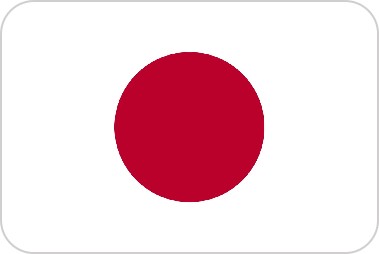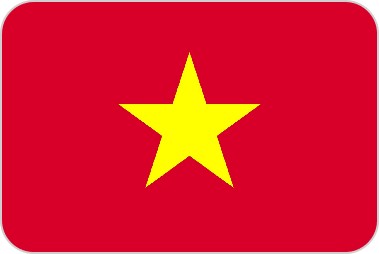Language
Greetings, the basis of communication, are essential to living in Japan. Japan’s greeting culture has been treasured since ancient times and is also necessary in the workplace. Japanese greetings include not only those used in daily life, but also polite expressions used in business. Polite greetings can also be used in work such as hotels and inns.
First, let’s learn some simple greetings and greetings commonly used in business.
目次
Basic Japanese Greetings

“Ohayou gozaimasu”: A morning greeting. Used when you wake up in the morning or when you arrive at work.
“Kon’nichiwa”: A midday greeting. Used when you meet someone.
“Konbanwa”: An evening greeting. Used when you meet someone.
“Oyasuminasai”: An evening greeting. Used when going to bed or saying goodbye late at night.
“Sayounara”: A farewell greeting. Not often used in business or everyday life.
Japanese greetings for different occasions

We will introduce Japanese greetings for different situations. Let’s learn how to use them appropriately for each situation.
Greetings when leaving and coming back
“Itterasshai”: A greeting to someone who is leaving.
“Tadaima modorimashita”: A greeting when you have returned. It is used when you have returned home or to the workplace.
“Okaerinasai”: A greeting to someone who has returned.
“Ojamashimasu”: A greeting when entering a friend’s house. When leaving you would use “Ojamashishita”.
“Irasshai”: A greeting when welcoming someone. It is used when inviting someone to your home or a shop.
“Hajimemashite”: A greeting when meeting someone for the first time.
“Ohisashiburi desu”: A greeting when you haven’t seen each other for a long time, from several months to more than half a year.
Add “mase” to make the expression more polite. It is often used when speaking to customers or superiors.
“Itterasshai mase”: When hotel staff sees off a customer
“Okaerinasai mase”: When a customer returns to a hotel or shop
“Irasshai mase”: When hotel or shop staff greets a customer
Greetings when eating
“Itadakimasu”: A greeting before a meal. It can also be used when someone gives you something.
“Gochisousama”: A greeting after a meal. Adding “desu” or “deshita” to the end of the sentence makes it more polite.
Greetings when expressing gratitude or apology
“Arigatou gozaimasu”: A greeting of thanks. It is used when someone has done something for you.
“Gomennasai”: A greeting of apology. It is used when you have done something wrong to someone, but it is not used in business.
“Sumimasen”: A greeting of apology. It is also used when calling out to someone, such as when you want to ask something.
“Douitashimashite”: A greeting in response to the other person’s thanks or apology. It conveys the meaning “don’t worry about it.”
Greetings when celebrating or making a request
“Omedetou gozaimasu”: A congratulatory greeting. Used when something good happens to the other person.
“Yoroshiku onegaishimasu”: A greeting when making a request. Used when asking someone for something. Often used in business situations.
Some greetings of congratulations or requests are only used during certain seasons.
“Akemashite Omedetou gozaimasu”: A New Year’s greeting. It is used from the beginning of the year until mid-January, when meeting someone for the first time since the New Year.
“Yoi otoshiwo Omukaekudasai”: A year-end greeting. It is used towards the end of December.
Greetings used in business

“Otsukaresama desu”: A greeting used within the same company. When speaking with someone from the same company, you would use “Otsukaresama desu” instead of “konnichiwa”.
“Osewa ni narimasu”: A greeting used when speaking with someone from another company. It shows gratitude and respect to someone with whom you will have a continuing relationship.
“Osewa ni natteorimasu“: Used with people from another company with whom you have already had some contact.
“Moushiwake arimasenn”: A greeting used when apologizing. It is more polite than “sumimasen” and is used in business and when speaking with superiors.
“Shitsurei shimasu”: A greeting used when entering a room. When leaving, you would say “Shitsurei shimasu”. When finishing work and leaving, you would say “Osaki ni shishurei shimasu”.
Use different Japanese greetings depending on the situation

This time, we introduced greetings in Japanese. There are many Japanese greetings, including those used in daily life and in business. If you can use them appropriately depending on the situation, life in Japan will be smoother. Learn them little by little and greet them politely.
Value Staff’s Balipura Global provides employment support for foreigners who want to work in hotels and inns in Japan. We support visa applications, immigration procedures, and daily life so that you can work in Japan with peace of mind. We introduce jobs that specialize in the “restaurant” and “accommodation” industries, so if you’re interested, check out the links below!













